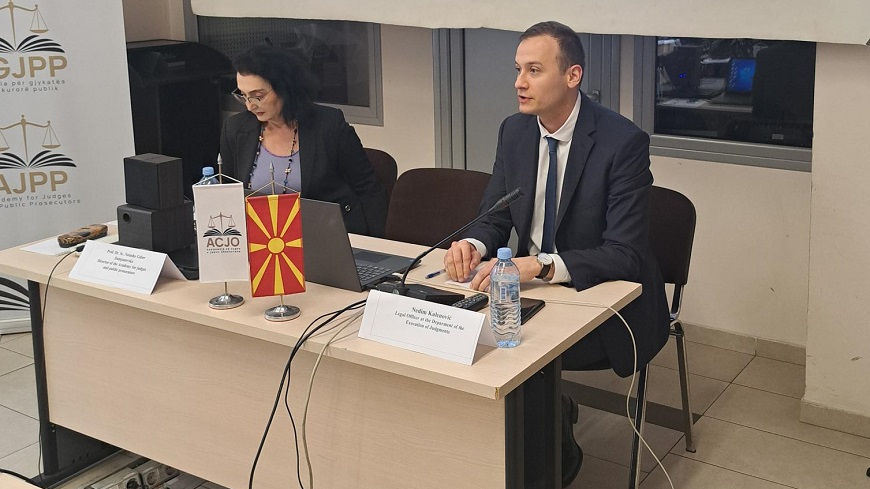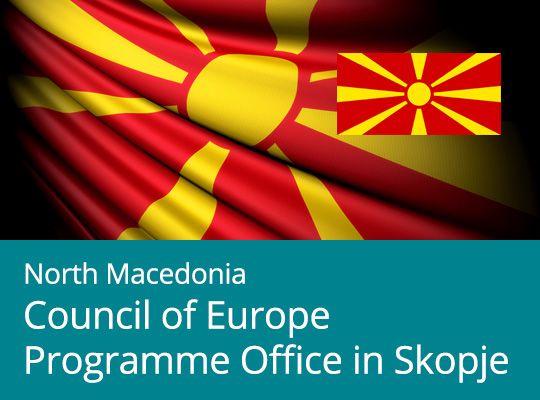On 10 May, the Department for the Execution of Judgments took part in a workshop on best practices regarding the execution of the European Court’s judgments in the field of the right to liberty and security of persons (Article 5 of the Convention), which was co-organised with the Academy for Judges and Prosecutors of North Macedonia and the Transversal Challenges and Multilateral Projects Division of the Council of Europe. It focused on the outstanding issues for the implementation of the Vasilkoski and Others group concerning the insufficient reasoning of decisions extending pre-trial detention and the lack of equality of arms in detention review proceedings.
The workshop was organised as a follow up to the Reykjavík Declaration adopted at the 4th Summit of Heads of State and Government of the Council of Europe (16‑17 May 2023) affirming the need to scale up co-operation programmes to assist member states in the implementation of the European Court’s judgments, which may involve, as appropriate, states facing the same or similar issues in implementation.
The event brought together consultants from Croatia (a judge from the High Criminal Court in Zagreb, and Deputy County and Municipal State Attorneys seconded to the State Attorney General's Office) who shared with their North Macedonian colleagues the best practices adopted in Croatia with respect to Article 5 §§ 3 and 4 of the Convention, which led to the closure of a similar group of cases against Croatia (Krnjak group). Participants of the workshop also included judges of lower and higher courts, public prosecutors, and the Government Agent.
In the light of the workshop’s conclusions, the Academy of Judges and Public Prosecutors of North Macedonia is planning to pursue the training on the right to liberty and security aiming to disseminate the European Court’s standards in this field as well as to reduce the use of detention compared to other preventive measures.
The event was organised in the framework of the project “Support to efficient domestic capacity for the execution of ECtHR judgments (Phase 1)” funded by the Human Rights Trust Fund.
Country factsheet of North Macedonia




